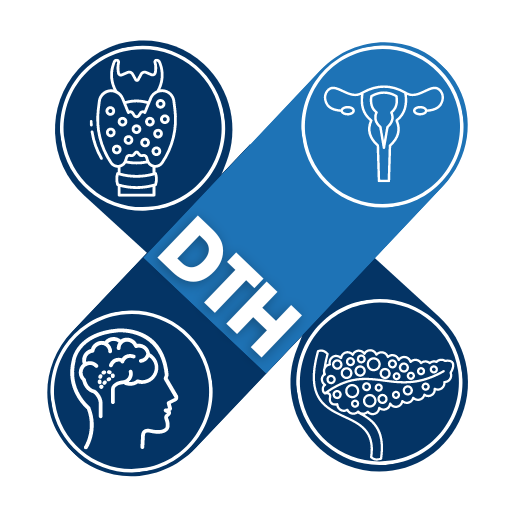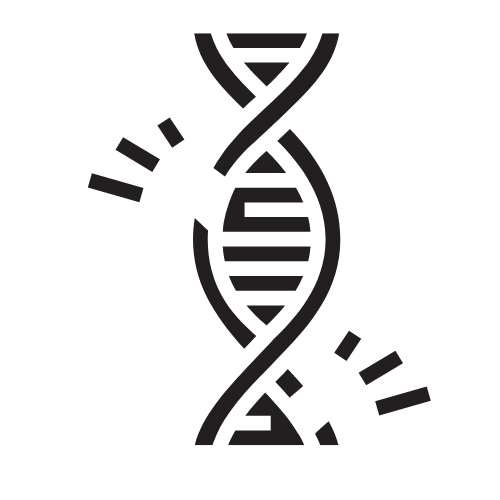type-1-diabetes
Type 1 diabetes is a chronic autoimmune condition in which the immune system mistakenly attacks and destroys the insulin-producing cells in the pancreas. Insulin is a hormone that regulates the amount of sugar (glucose) in the bloodstream, allowing it to enter cells and be used for energy.
Symptoms of Type 1 Diabetes
Symptoms of Type 1 Diabetes include excessive thirst, frequent urination, unexplained weight loss, fatigue, increased hunger, blurry vision, and susceptibility to infections. If left untreated, it can lead to diabetic ketoacidosis. Early recognition and medical attention are vital for effective management of this autoimmune condition.
risk factor of Type 1 Diabetes
Genetic predisposition, family history of the condition, presence of other autoimmune disorders, exposure to certain viral infections, geographical influences, and age (often diagnosed in youth) are key risk factors for Type 1 Diabetes. Understanding these factors aids in early detection and proactive management.
Type 1 diabetes is a chronic condition characterized by the immune system attacking the insulin-producing cells in the pancreas. Its symptoms include excessive thirst, hunger, frequent urination, weight loss, fatigue, and more. Risk factors include genetics, autoimmune factors, viral infections, and age. Early diagnosis and proper management are crucial to prevent complications and maintain a healthy life. If you suspect you or a loved one may have type 1 diabetes, consult Dr. Angad Kumar for proper evaluation and guidance.













